The content of the article
Pain is always an unpleasant, disturbing sensation that interferes with the performance of usual actions. Toothache is often of high intensity and is simply unbearable. It is not always possible to consult a dentist; how, then, to get rid of this feeling? When can I resort to the help of analgin, and when is it better to refuse it? For starters, it's worth dealing with the cause of the pain.
Why toothache is always intense
You are probably familiar with a situation where at first the tooth hurts only from cold and hot, then from sweet, then it aches a little in the late afternoon, and after that the pain becomes constant and unbearable. Where did such discomfort come from?
The teeth are innervated by the branches of the trigeminal nerve. It provides sensitivity to the entire face, external auditory canal, meninges, upper and lower jaw. The stronger the tooth is affected, the more trigeminal structures are involved in the process. In addition, with prolonged extensive damage, the pain can spread to other areas of innervation. Then it seems that with the tooth the ear, half of the face, head ache. The light seems too bright, the sound too loud. These symptoms suggest that the pathological process has reached a maximum and it is urgent to consult a dentist.
The intensity of the toothache suggests that the tooth is affected by an acute inflammatory process. If the inflammation is chronic, then the pain will be pulling or aching, but it will never be more intense.
Causes of Toothache
Sometimes the pain is caused by hypersensitivity of the tooth and periodontal tissues, but then unpleasant sensations occur only at the time of eating, for example, too hot or cold. It is pointless to deal with such pain with the help of tablets, since it passes on its own in a few minutes.
Much more interesting is the pain resulting from inflammation. In this case, the branches of the trigeminal nerve are squeezed by edematous tissues, which causes discomfort. There are several types of inflammation that cause toothache:
- Caries. The most common cause of toothache. The exact etiology of this process is still unknown, but pathogenic bacteria play a significant role in pathogenesis. These microorganisms corrode hard tooth tissues. Pain occurs when the lower layers of dentin are affected. However, with tooth decay, toothache is not spontaneous, there are always certain irritants, most often food.
- Pulpitis. This is a complication of caries, one of the most unfavorable outcomes of the process. With pulpitis, inflammation occurs in the soft tissues of the tooth, where the nerves directly pass. Therefore, when the process goes to the pulp, acute pain occurs, which is difficult to stop with the help of drugs. It is this intense toothache that can give into the ear, spread up the face, and lead to a headache.
- Gingivitis. This is called gum disease. It rarely leads to intense pain, more often manifested by pulling or aching sensations in the area of one or more teeth. Often there is a feeling that something is interfering in the oral cavity, sometimes there are small bleeding.
- Periodontitis. This is not only an unpleasant, but also a dangerous inflammatory process. It occurs when the infection spreads from the tooth tissues to the ligaments surrounding it, as well as to the bone of the jaw itself. Because of this, acute unbearable pain occurs with a clear localization, it happens that it is impossible to close the jaw due to intense pain when pressing on the tooth.In addition, the temperature can rise significantly, while the tooth begins to loosen. This type of inflammation can lead to many life-threatening complications.
Sometimes a toothache can occur as a result of visiting a dentist, for example, after filling a carious tooth. This is a completely normal phenomenon, you can take several days of analgesics, after which the discomfort disappears.
How does analgin with toothache
Analgin or metamizole sodium belongs to the group of non-steroidal anti-inflammatory drugs and non-narcotic painkillers. The drug is available in tablets, its advantage is that it quickly dissolves in the digestive tract and is absorbed into the blood. The onset of anesthesia can be noticed already within the first hour after administration. What happens at this moment in the body?
Analgin blocks the biochemical processes that support inflammation, reduces the number of prostaglandins in the pathological focus. This helps to reduce swelling and, as a result, reduces pain. However, with intense pain, this effect may not be enough and the discomfort will not completely disappear. In this case, you will have to resort to the help of stronger new generation analgesics, for example, lornoxicam.
How and when to take analgin
It should be remembered that analgin is not a remedy for toothache. It is important to eliminate the cause so that subsequently life-threatening complications do not occur. In addition, timely treatment will help to preserve the tooth and provide a beautiful smile for a long time. If a toothache occurs, consult a doctor as soon as possible.
Unfortunately, such an opportunity is far from always. Given that the teeth often hurt in the evening and at night, when the dentists do not work, taking painkillers can be considered reasonable. Analgin can be taken as follows:
- Tablets. The dosage of each tablet is 0.25 g or 0.5 g, you can drink one tablet two to three times a day. However, the daily dose should not exceed 1 g. To use inside, after food, washing down with a small amount of water.
- Injection Analgin is sold in ampoules of 1 and 2 ml in the form of a solution, with a concentration of 25% and 50%. Injections should be done intramuscularly 2-3 times a day. The daily dose should not exceed 1 g of active substance.
Analgin should not be taken immediately before going to the dentist. In dentistry, anesthetics such as novocaine, lidocaine, ultracaine are often used. Analgin inhibits the action of these substances, which can slow the onset of anesthesia. If you still drank analgin, be sure to warn your doctor about this.
Side effects of analgin
This drug, like any other, is not harmless. Analgin has a lot of side effects. This is due to the fact that prostaglandins, leukotrienes and thromboxanes, the amount of which reduces analgin, are involved in many vital body reactions.
Under the influence of analgin, blood coagulability decreases, which, on the one hand, is useful when there is a threat of thrombosis, and on the other, it can lead to bleeding. In addition, prolonged use of this drug can cause stomach ulcers and duodenal ulcers, as well as cause kidney failure. A hypersensitivity reaction to the components of the drug is possible, which is manifested by urticaria, Quincke's edema and bronchial asthma.
The drug is contraindicated in people with hepatic and renal failure, any diseases of the hematopoiesis and individual intolerance.
Remember: you can take analginum with a toothache only in emergency cases, when there is no way to consult a dentist.
Video: how to quickly relieve toothache without pills

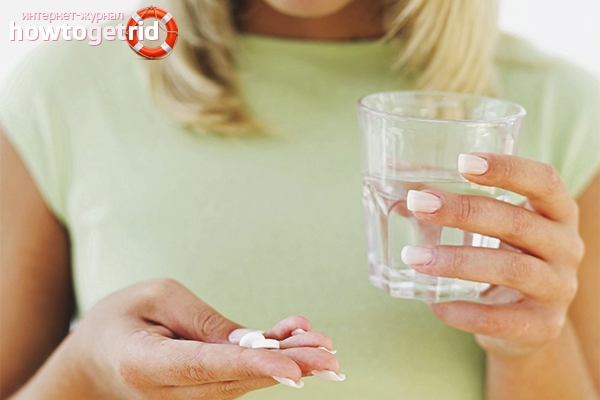
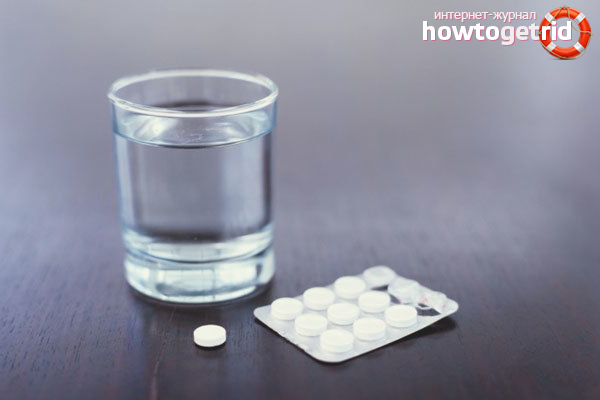
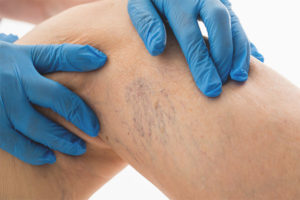
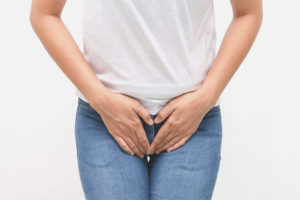
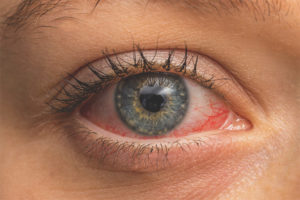


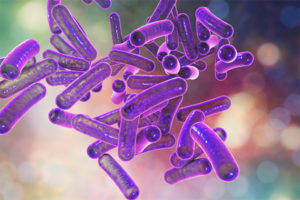
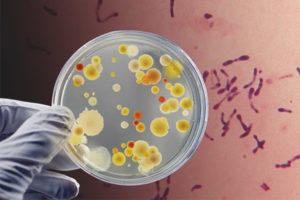

Submit